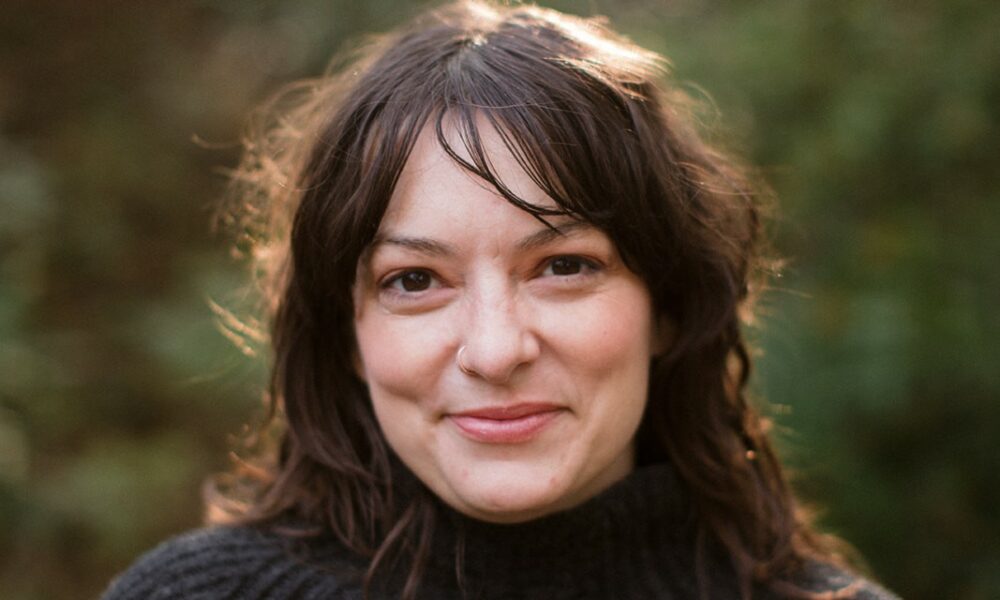

Today we’d like to introduce you to Meg Hamilton.
Hi Meg, can you start by introducing yourself? We’d love to learn more about how you got to where you are today.
I’ve always had an interest in helping others. In undergrad at UNC-Chapel Hill, I double-majored in studio art and psychology. My primary interest in studio art was photography. I was inspired by artists like Fazal Sheikh and how storytelling, visibility, and justice were paired with photography. I was fortunate to organize an independent study, during which I traveled to Nepal and completed a collaborative photography project with women living in safe houses. This project was pivotal, but it gave me a clear sense that I wanted more and better tools to do this work. I went to graduate school for art therapy and continued exploring ways to deepen my skills in collaborative and systems-focused work through art. I was sure at the time I would not work as a “normal” therapist, and I was naive. After grad school, I returned to North Carolina to work with survivors of human trafficking in a case management program. My partner, Sarah, and I met there. She was working serving folks with SPMI (severe and persistent mental illness), and we shared a complicated case. Sarah and I connected over our shared love of music, missing big Colorado mountains, and our passion for our work. Fast forward a few years, and we were getting married. On the work side, I quickly realized I needed a clinical license to work at the depth I hoped to with clients and work in sustainable ways (financially and in terms of well-being). After getting licensed, I went through a set of work environments very typical for new mental health providers- a poorly run group practice where I wasn’t paid accurately (sometimes not at all), contract work split across multiple groups, agency work where I traveled across 5 counties providing in-home services for high-crisis families needless to say it was exhausting.
I started Birch Counseling in 2016 and shifted into private practice. The change allowed me to deepen and focus my clinical skills, which gave me a healthier life balance. However, I have always struggled with the limitations private practice presents for those I can work with because of insurance or financial barriers. In 2021, Sarah and I purchased an office condo to create a therapist resource center. This year, with the support and consultation of my brilliant friend Jess Porta, we launched The Birch Center- a co-practicing space for therapists. We aim to support therapists by linking them to the community and the resources they need to thrive. As we grow, our ultimate goal is to use the structure of a co-practicing/co-working model to increase accessibility for mental health services and to create a 3rd option for therapist practice. Suppose one option is with an agency or large group that limits your options but handles the admin, and the 2nd is a private practice that can be very isolating and confusing. In that case, we want our space to be a middle ground- independence, support, and shared values. It’s a great fit for solo providers or small group practices. At this point, our practice is stable and thriving. I work with kids, adolescents, and some adults and focus primarily on trauma work. Sarah works with adults and also focuses on trauma work. We hired our first clinician, Katie Loebner, last August and have loved having her as an addition to our team. This is another area where we hold our justice and ethical work values. Standard rates for paying clinicians in a group practice are surprisingly low. We have been intentional in structuring our hiring to support fair payment and to be as generous in benefits as we can be. It’s been an incredible process for all of us.
Can you talk to us about the challenges and lessons you’ve learned? Looking back, has it been easy or smooth in retrospect?
Is anything a smooth road? I listed some of the challenges in my last response. I would say the most significant obstacles were:
- My naivety- I had a lot of dreams and ideas and needed to understand the realities of systems or the realities of my own needs.
- Our mental health system as a whole exploits young and inexperienced mental health providers. The newest and least experienced providers often serve those with the highest needs for minimal compensation and unreasonable hours. Our mental health system also creates immense barriers to accessibility of care. Because of those things, I’ve had to compromise part of what is important to me in every setting I work in. Now, I want to create something different. I know there will be barriers, but I’m excited to explore new possibilities.
- Life balance- I continue learning and practicing life balance. And I am very much learning how to hold my own needs with those of my partner and family. At times, this means examining where needs clash. My partner and I have 4-year-old twins. I regularly remind myself they are my priority and strive to minimize how work takes away from my ability to present with them. It’s all a mindfulness practice.
I appreciate you sharing that. What should we know about Birch Counseling (counseling practice) and The Birch Center (co-practicing/co-working space)?
Birch Counseling consists of 3 providers- myself, Sarah (my partner), and Katie Loebner. I work with kids, teens, and some adults. I specialize in working with trauma and dissociation. We all work extensively with LGBTQ+ folks. I am trained as an art therapist, and I incorporate art therapy, sensorimotor play, EMDR, and a technique called Flash into my work. Last fall, I began offering therapy intensives and multi-day, multi-hour therapy workshops. The length varies from client to client, but they give an incredible opportunity to progress on a specific issue. They are particularly great for trauma work- we can accomplish a lot in an intensive that would otherwise take months in regular outpatient therapy.
The Birch Center is my newest endeavor, and we are currently in a soft-launch phase (please excuse our website. It’s presently a disaster). I am excited about what we are doing with The Birch Center and cannot wait to see how it grows. The Birch Center is a co-practicing space for therapists. In addition to the physical space, we are developing partnerships to link therapists to the resources they need to thrive. These are business professionals (accountants, attorneys, billing specialists, etc) and clinical professionals (consultants, training institutes, etc). We are very focused on community- we want therapists to feel connected and supported. The Birch Center is an incredible resource for therapists and for those seeking mental health support. We post about and share the services, groups, classes, workshops, etc., our providers offer. Ultimately, my goal for The Birch Center is that our current space is a pilot of the model. I hope to see it expand from there and to utilize the model to expand accessibility to mental health care through exploring new and creative partnerships, collaborations, funding opportunities- maybe even insurance credentialing possibilities to decrease the burden on individual providers but increase accessibility for our community.
Are any books, apps, podcasts, or blogs that help you do your best?
Oh, fun question! I deeply value consultation and coaching. I embrace the limitations to the things I know and love to seek out the people who are the experts in the things I’m not. I’ve learned so much, and I am so grateful. Those relationships are essential for me for books, apps, etc. I use books to keep me grounded and return to my core values. These tend to be spiritual books for me (although I’m not specifically religious in any way). Rumi. Annie Dillard’s Pilgrim at Tinker Creek. How to Know God: The Yoga Aphorisms of Patanjali. These are books/authors I return to because they bring me back to my values. I also practice self-reflection and tracking daily, which is nerdy but helpful. I make a weekly graph to map my dominant emotional experience in 2-hour time blocks. And it’s color-coded. Yep. Nerdy. But it helps me stay self-aware so I can better practice the balance that I need, and I stay aware of how my state of being may affect my relationships or work. It helps me know when to step back, when to step forward, or what I may need to set aside as I try to show up for myself or others.
Pricing:
- For counseling, I have had a long waitlist for a few years now, unfortunately. I am taking intensive clients and talking through pricing individually with those interested.
- In our practice, Katie Loebner and Sarah Dunsmore are $145 and take BCBS and Aetna insurance.
- Birch Center memberships are priced at different tiers depending on space use. We also have a virtual membership for those who want the community/resources but don’t need space.
Contact Info:
- Website: www.birchcounselingdurham.com and www.thebirchcenter.com
- Instagram: @thebirchcenter
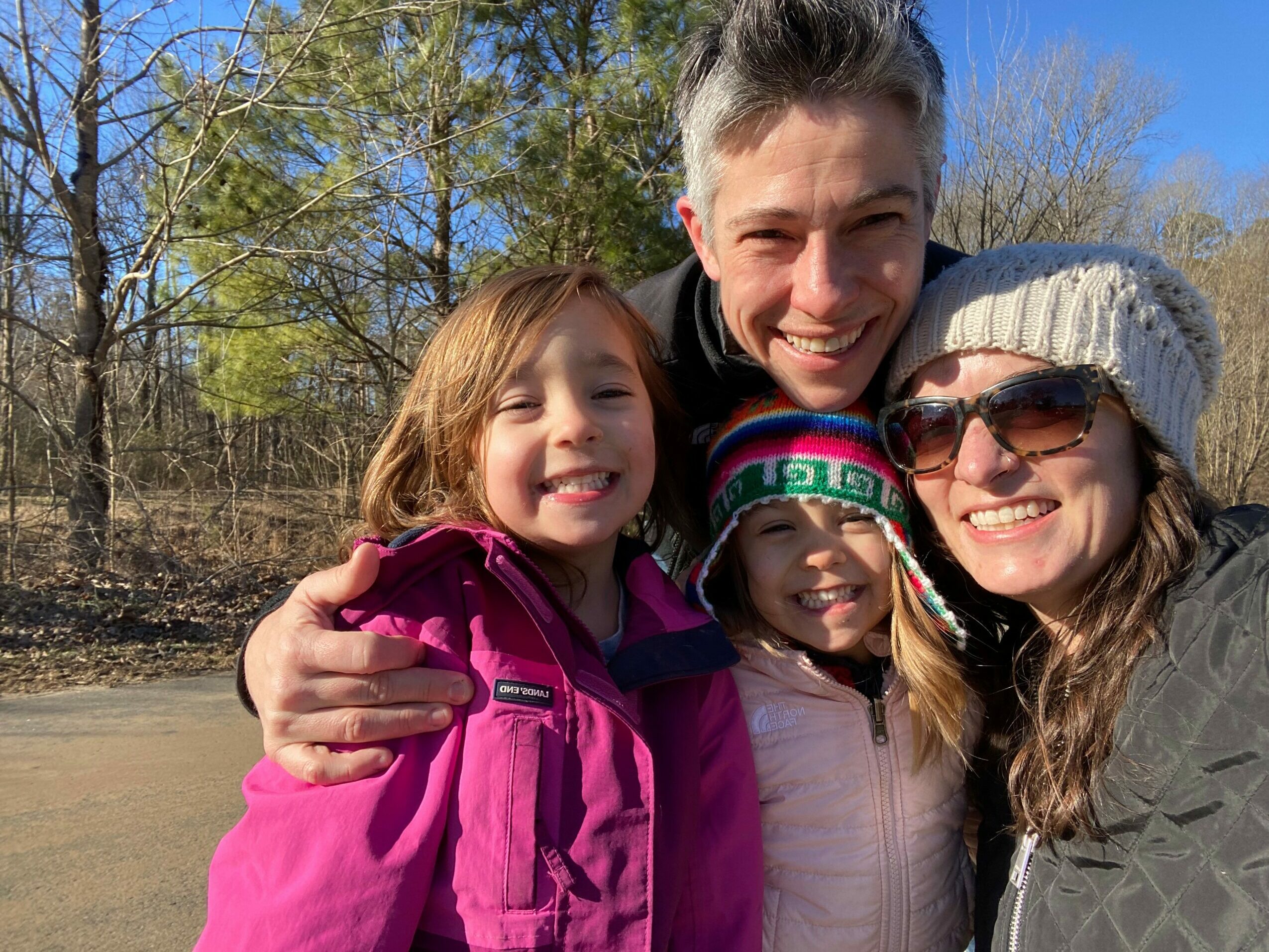
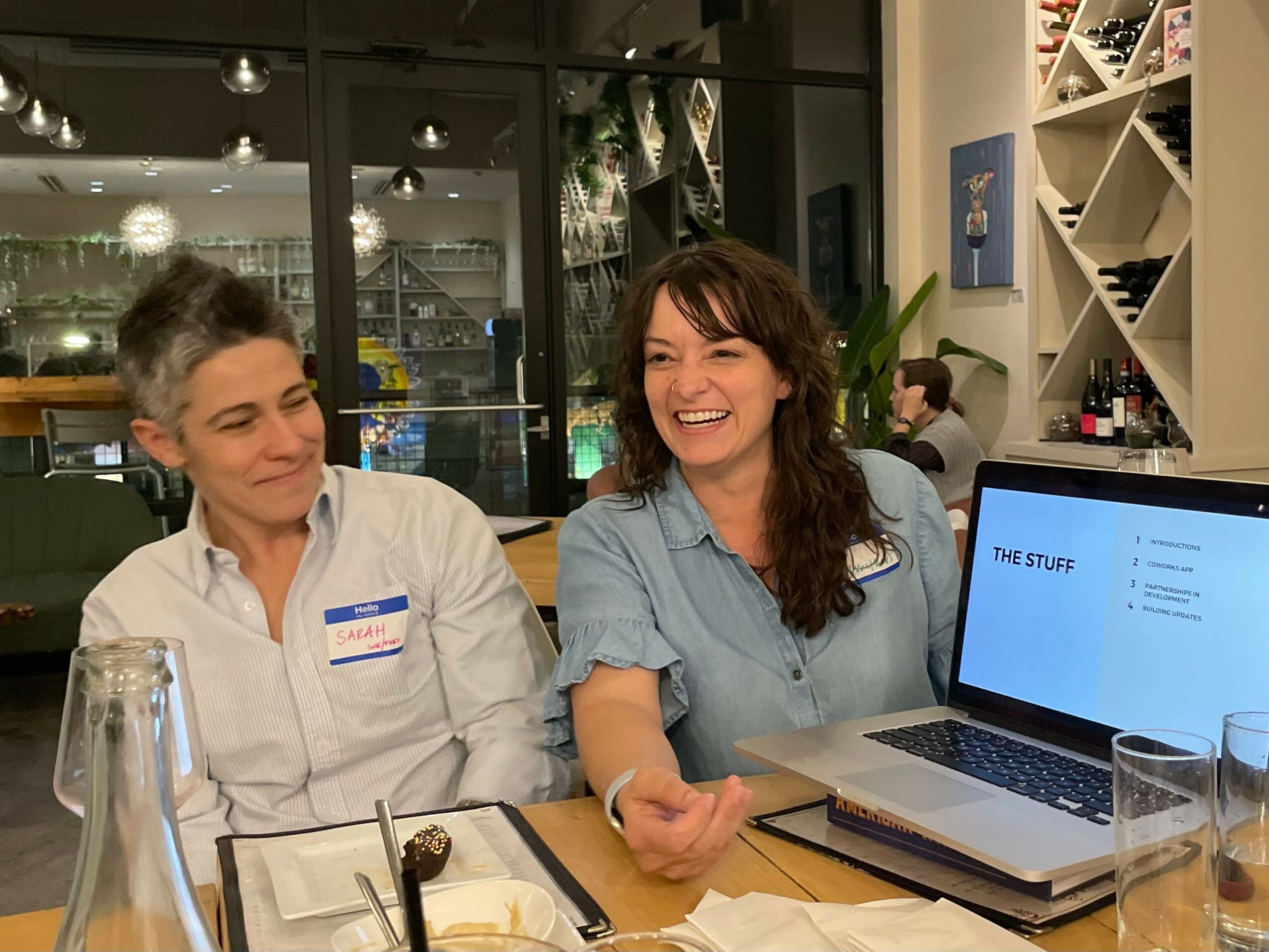
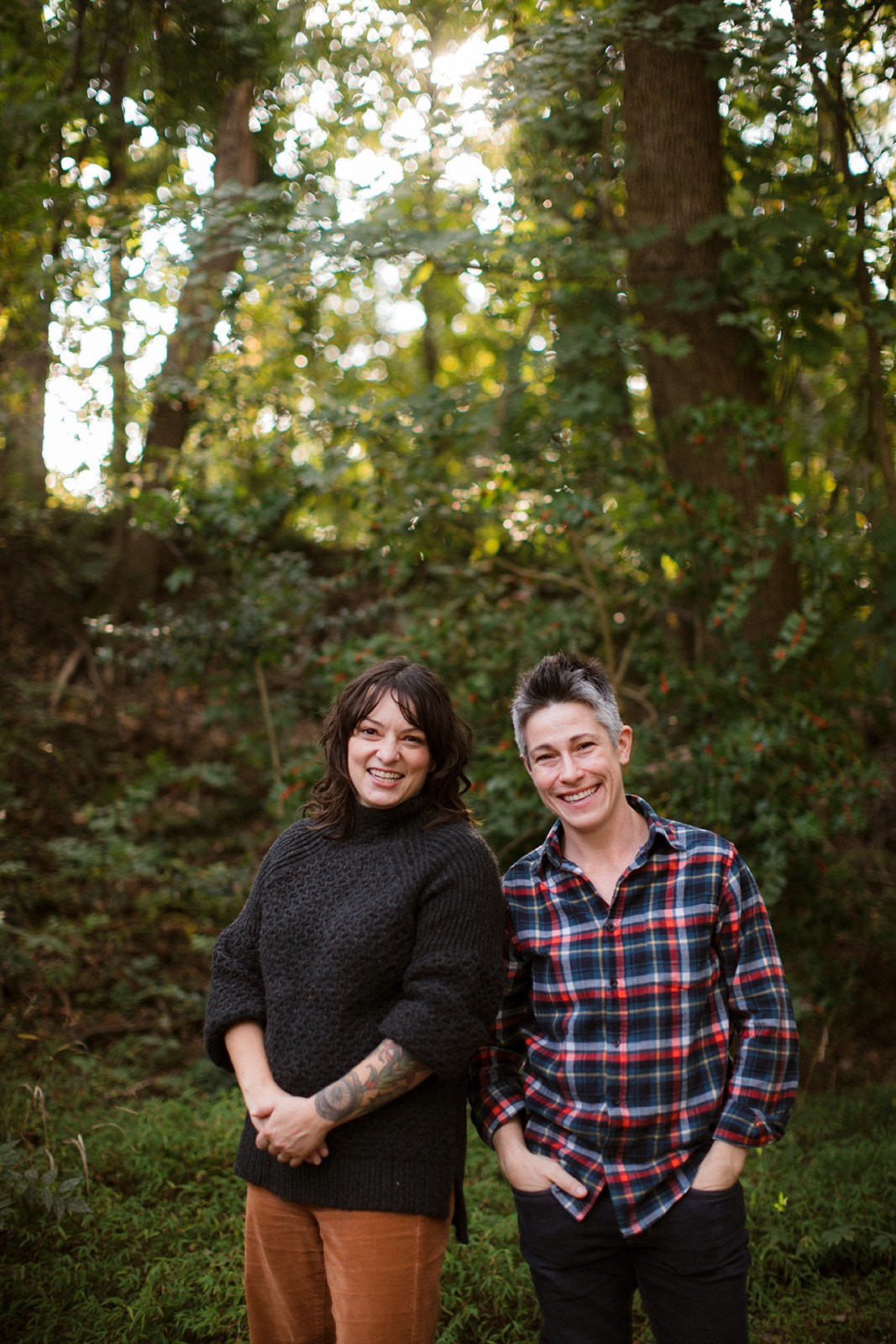
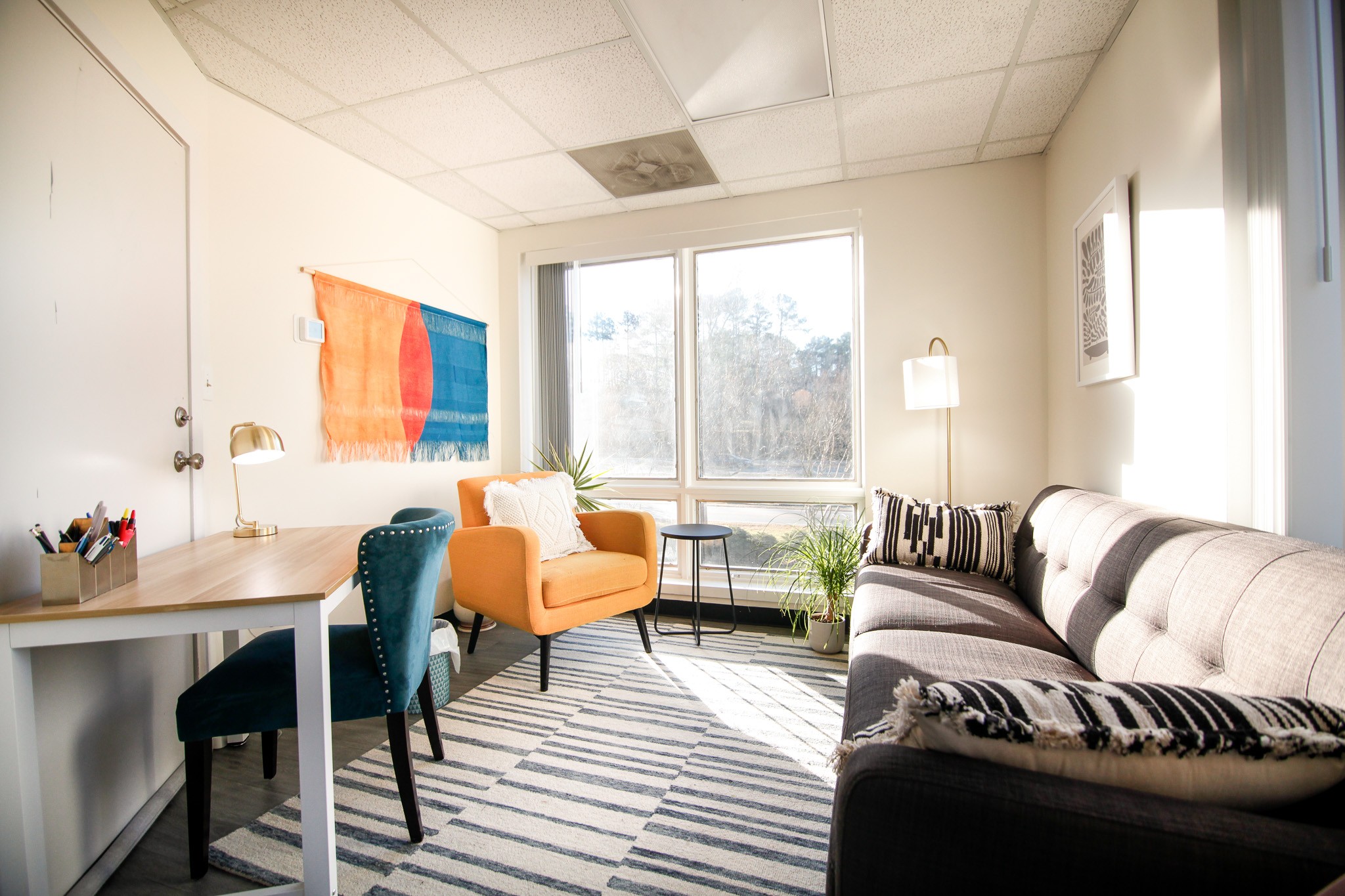
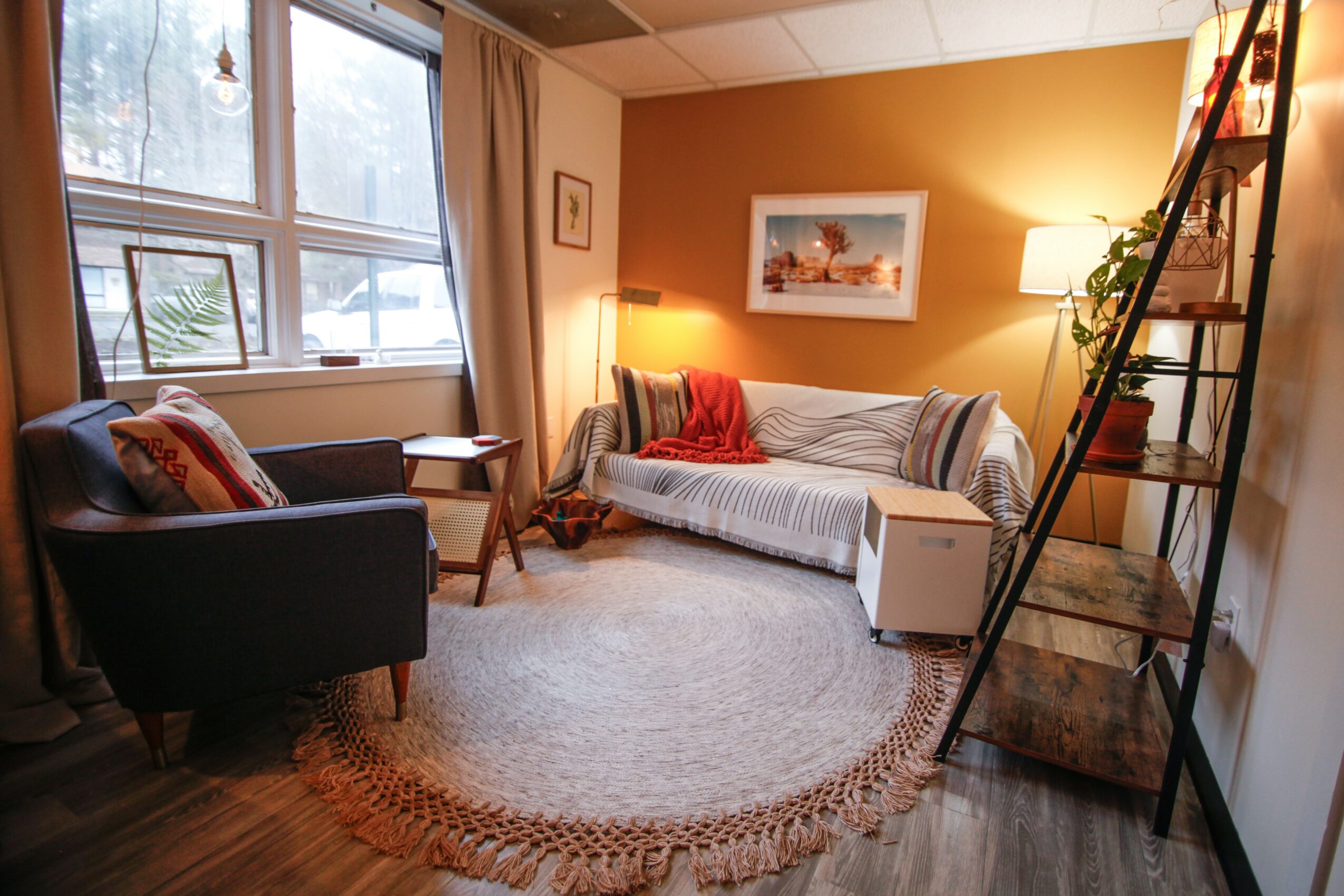
Image Credits
Joy Knight Photography (for 2 of the photos)











